Australian Border Control has implemented a ‘raft’ of measures to increase biosecurity in airports following an outbreak of foot and mouth disease in cattle in Bali. Travelers returning to Australia from the Island of the Gods will now be met with increased signage and targeted messaging to encourage hand washing and disinfecting of shoes before they board their flights.

Although there is no threat to human life posed by foot and mouth disease, an outbreak of the virus in Australia could cost the country more than AUD 80 billion in losses.
The agriculture sector is one of Australia’s most important industries and according to the Victoria Agriculture Department ‘Most countries would ban our livestock and livestock products as soon as foot and mouth disease is found…It is unlikely these restrictions would be lifted until Australia could prove that the disease had been eradicated’.
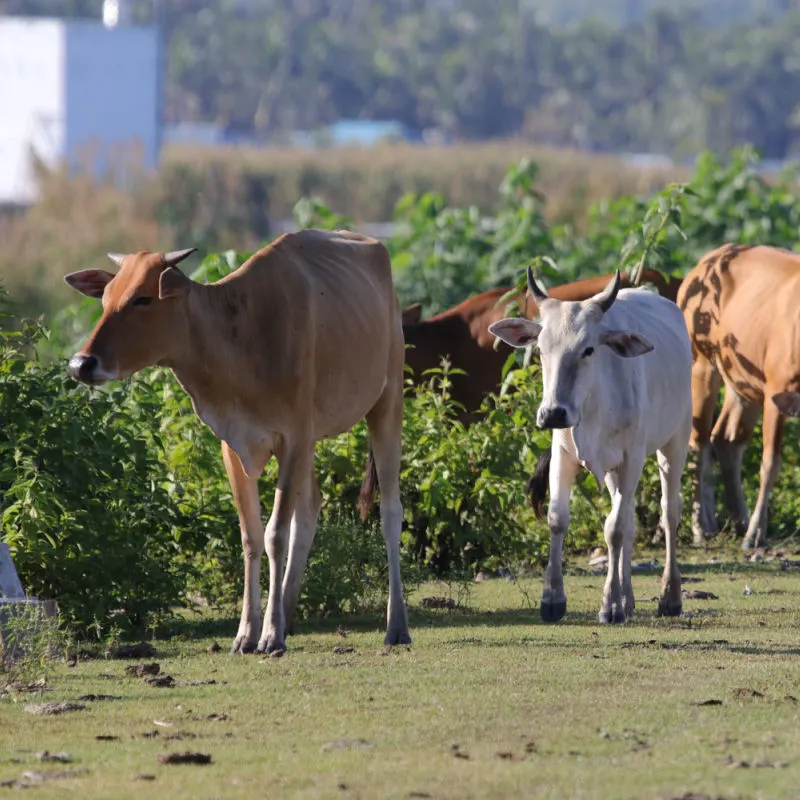
The increased biosecurity measures have been implemented across airports. Biosecurity detector dogs and their handlers have been deployed at Darwin and Cairns Airports as well as the launch of a social media campaign and enhanced passenger profiling and increased inspections.
Speaking to Australia’s 7News, the Federal Agriculture Minister Murray Watt said that ‘These new measures build on additional measures the government had already put in place when the Indonesian outbreak first began’.
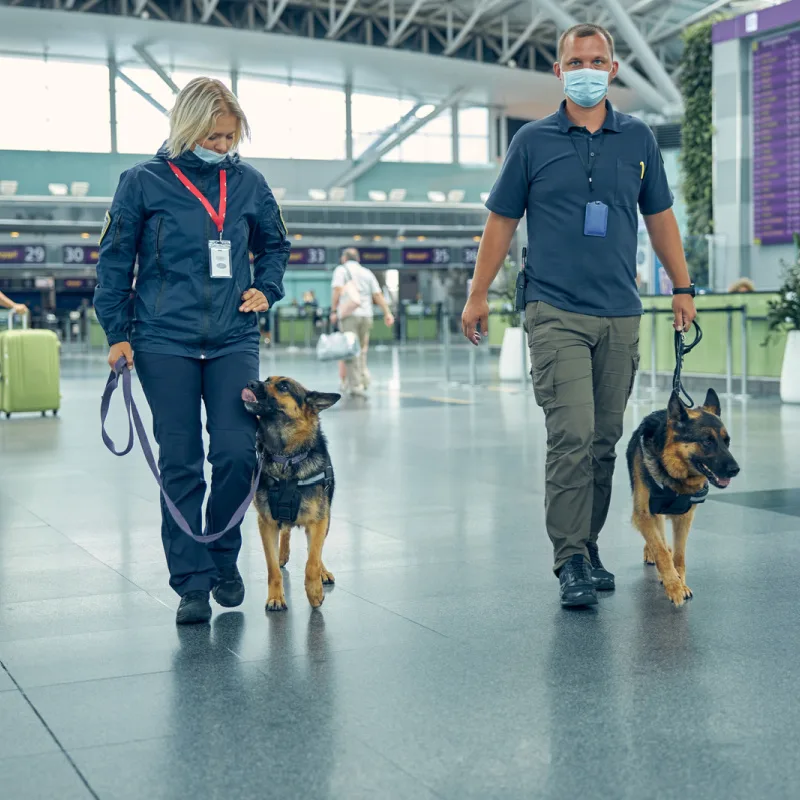
He went on to say that ‘these existing strengthened measures include new targeted operations at major airports servicing travel from Indonesia to check a wider range of passengers who could be contaminated with FMD or be carrying contaminated goods and assessment of all passengers on flights from Indonesia, with high-risk passengers identified for intervention’.
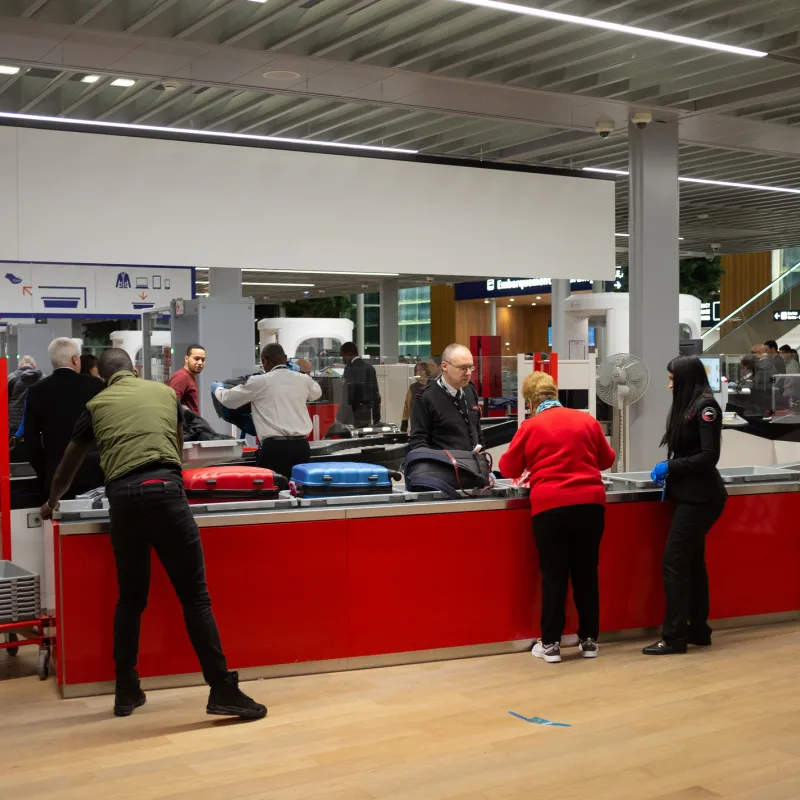
Travelers are considered a risk factor for the spread of the disease since the virus can survive on living tissues from affected animals, such as saliva and secretions. Travelers could potentially carry dirt contaminated with the virus on their shoes and clothing.
This is why travelers’ shoes and sometimes clothing must be disinfected. Other high-risk products include meat and cheeses. Airports will likely be introducing foot dipping stations and Australia’s Chief Veterinary Officer Mark Schipp has suggested that travelers throw away their flip-flops before flying home from Bali since the permeable materials are hard to sanitize.
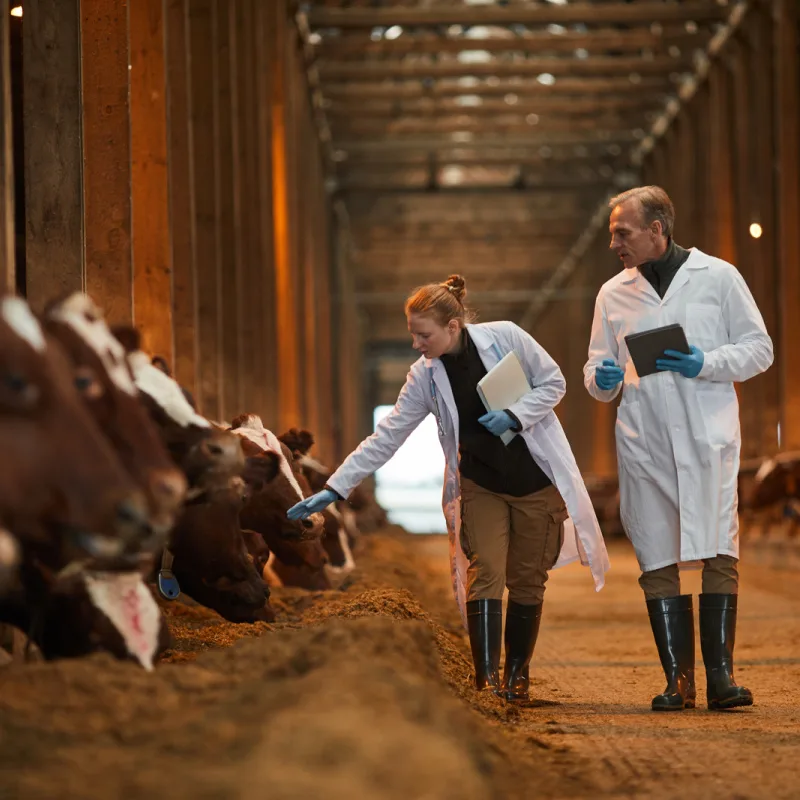
Authorities in Bali are working around the clock to curb the outbreak and reduce the movement of livestock and livestock products. Earlier this week the Tegallalang Police Chief AKP I Ketut Sudita, visited farmers in the area to assess the protocols in place. He told local reporters that the farmers he spoke with had been taking good care of their animals and are informed as to what symptoms to look out for.
The Head of Livestock and Animal Health Sector in Bali, I Gede Parta Ariana, spoke with local newspapers this week and reported that in Tabanan 35 cattle had had to be slaughtered after testing positive for Foot and Mouth Disease. A further 30 heads of cattle have had to be destroyed elsewhere on the island with more figures being announced daily.
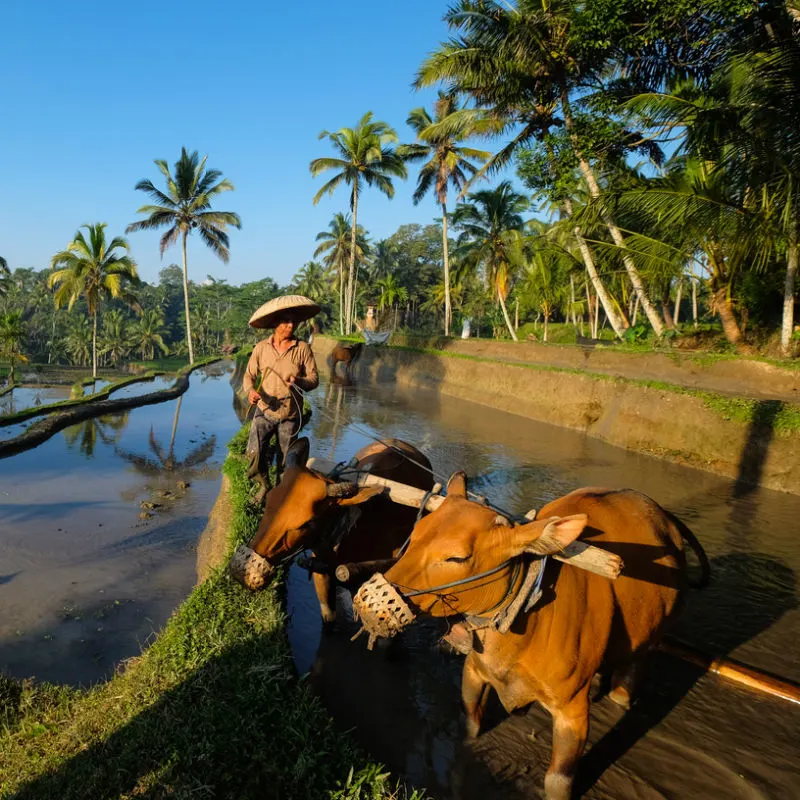
The Bali authorities have also appealed to the island’s Muslim community ahead of Eid al-Adha, where typically a cow is slaughtered in ritual. Authorities have urged people to not buy cows outside of their communities to prevent the movement of animals across villages and regencies in Bali.
Agricultural authorities in Bali are working with farmers to test, vaccinate and give vitamin booster shots to cattle. They are also working to improve awareness and education about the disease to ensure that farming communities understand what they must do, both to protect their herds and their livelihoods. This has included helping to calm farmers and reminding them that they do not need to rush to sell their cattle at a low price, in fact, they need to keep their cattle in situ.
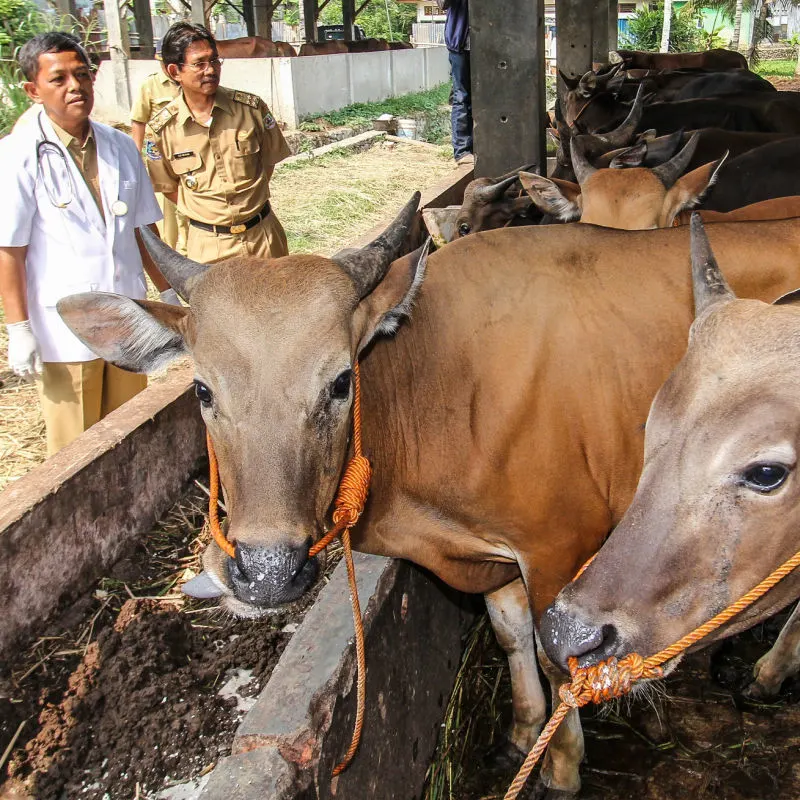
Travelers to Bali are safe to move around and enjoy their visits. Travelers have been advised to keep up to date on the latest developments before and during their time in Bali to prepare for any changing biosecurity measures upon their return.
Remove All Ads & Unlock All Articles… Sign up for The Bali Sun Premium

Plan Your Bali Holiday:
Book The Best English Speaking Drivers For Airport Transfers & Tours
Choose From Thousands of Bali Hotels, Resorts, and Hostels with Free Cancellation On Most Properties
Book Cheap Flights To Bali
Don’t Forget Travel Insurance That Covers Medical Expenses In Bali
For the latest Bali News & Debate Join our Facebook Community
SUBSCRIBE TO NEW POSTS
Enter your email address to subscribe to The Bali Sun’s latest breaking news, straight to your inbox.

Wayan Bo
Monday 11th of July 2022
It’s horrible, but it’s even more horrible that in Shanghai was discovered brand new Covid mutation BA5.2.1
Randy
Tuesday 12th of July 2022
@Wayan Bo, New Covid-19 Omicron sub-variant BA.2.75 detected in countries like India according to WHO.
Michael
Sunday 10th of July 2022
AU is a shitshow country under their current leadership.
Ron
Tuesday 12th of July 2022
@Michael, Don't worry now mate. The 10 years dead loss Liberals are gone now.